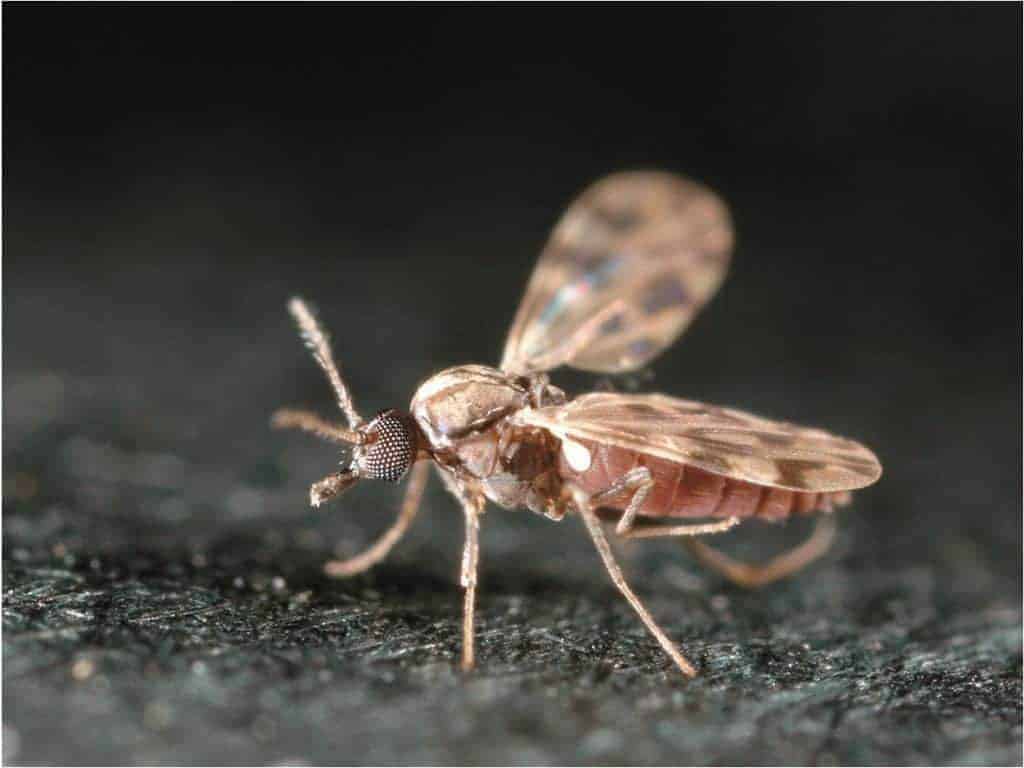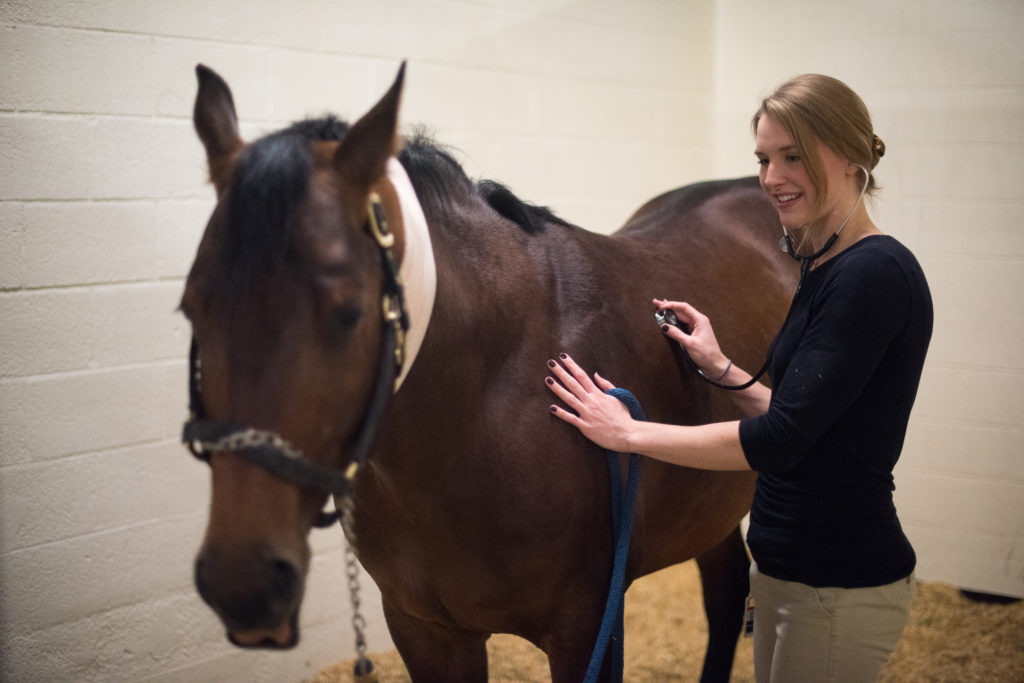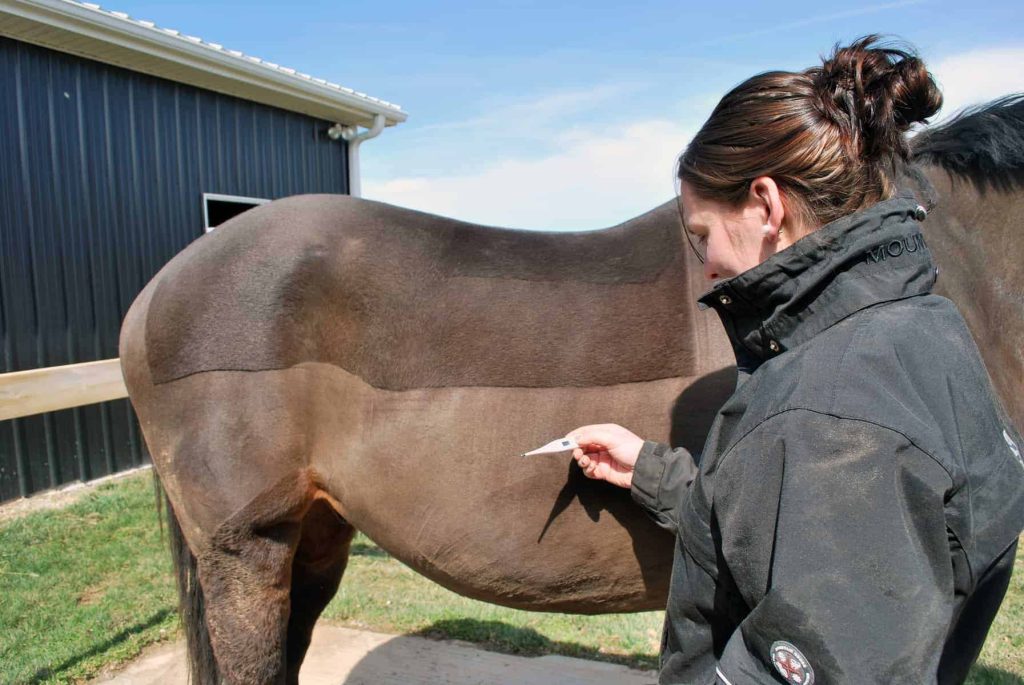
What is a Coggins Test?
Dr. Angela Pelzel-McCluskey gives an overview of how horses are tested for equine infectious anemia.

Dr. Angela Pelzel-McCluskey gives an overview of how horses are tested for equine infectious anemia.

The unvaccinated 3-year-old Miniature Horse from Lowndes County is recovering with supportive care.

Bisphosphonates are FDA-approved for controlling clinical signs associated with navicular syndrome in horses ages 4 and older. Some veterinarians use them off-label to treat other equine bone issues. But could this off-label use be detrimental? One equine veterinarian recently gave a rundown on what research says.

Some products found on farms are flammable, toxic, or hazardous to human and animal health. Learn more about how to use, store, and discard them properly.

Complete veterinary-record transparency, strict limitations on pain-relieving and/or anti-inflammatory medication/treatment, and banning therapeutic medications or treatments without a qualified veterinary diagnosis from a state-licensed veterinarian are among the agreed-upon initiatives.

Researchers found that, overall, the British owners surveyed had poor awareness of bugs (such as mosquitoes and midges) and insect-transmitted diseases that could affect their horses.

Researchers found that firocoxib and flunixin meglumine provided similar levels of pain control after colic surgery, but firocoxib resulted in reduced evidence of endotoxemia at 48 hours post-surgery.

Learn about the current challenges of medication regulation and drug testing in the race and sport horse industries.

Measuring the biomarker creatine kinase in abdominal fluid can help distinguish horses with ischemic (lacking blood flow) intestine due to a strangulating lesion—and, thus, require surgery—from those without.

Finding the cause of 21 equine fatalities at Santa Anita Park, in Arcadia, California, is key to the future of not only the venue but also the horse racing industry in general, says a Kentucky-based scientist investigating the incidents.

Learn about veterinarians’ current understanding of navicular syndrome with these articles, downloads, videos, and more. Sponsored by Dechra Veterinary Products.

Before you hit the trail, make sure both you and your horse are prepared for any wildlife encounters that might occur.

The 11-year-old Warmblood gelding began exhibiting an intermittent fever on March 1, tested positive for EHV on March 5, and is recovering.

How does a trainer explain a retired racehorse’s previous injury to a potential buyer? Two veterinarians and a three-day eventer weigh in.

Could adding a supplement to your horses’ feed reduce the worm burden on your pasture? Researchers recently tested an Australian product designed to do just that—and with positive results.

Diagnosing EMS and taking steps to manage it can allow your horse to live a healthy and productive life.
Stay on top of the most recent Horse Health news with
"*" indicates required fields